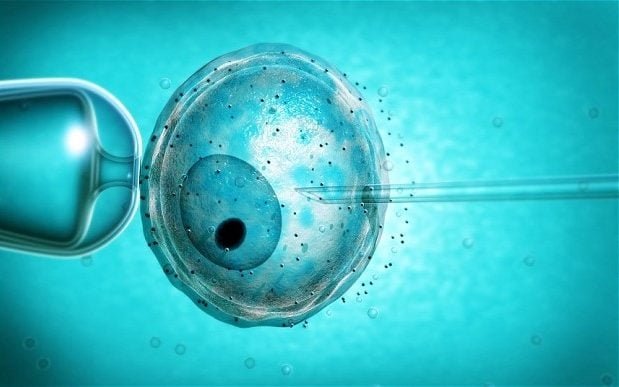Bleeding & Spotting During ovulation: – When to be concerned

Ovulation occurs when the ovary releases an egg and some women experience bleeding & spotting around the time they are ovulating, which is normal occurrence. In fact, it’s fairly common for women to spot or bleed some point in their menstrual cycles. But when should you be concerned about the bleeding during ovulation?
( This blog post will explore the signs that indicate when ovulation spotting or bleeding is normal and when it is a sign of concern. it will also discuss the next steps that you can take if you are concerned about bleeding & spotting during ovulation.)
What is ovulation spotting?
Light vaginal bleeding that can occurs during before or after ovulation. (Not every woman has spotting during ovulation).
Ovulation bleeding occurs when there is a change in hormone levels. For example: estrogen levels decreases before woman starts ovulating and as a results, this causes endometrial to shed.
You may also experience other symptoms of ovulation such as :-
- Breast soreness and tenderness
- Lower abdominal or pelvic pain
- Increased sexual desire
- Bloating
- Changes in your body basal temperature
- Increased heart Rate
When does ovulation bleeding occur?
When you are ovulating, an ovary releases an egg and this occurs in the middle of your menstrual cycle between 11-12 days after the first day of your last period. Women do not always ovulate on the same days, as it depends on the length of their cycle.
When is spotting during ovulation considered normal?
Some signs that can help you determine whether your bleeding during ovulation is normal or a cause for concern.
- First of all, it’s essential to keep in mind that ovulation bleeding occurs only once during each cycle.
- Before you start ovulating, you experience an increase in estrogen levels, which then drop after ovulation. As a results progesterone levels rise for 5 days.
- The fluctuation in E2 & P4 is what causes ovulation spotting.
When bleeding during ovulation is a sign of concern?
SOME HEALTH CONDITIONS CAN CAUSE BLEEDING BETWEEN PERIODS:
- Premature spotting
- PCOS
- Ectopic pregnancy
- Bloating
- Thyroid issues
- Kidney or liver disease
BOOK YOUR APPOINTMENT TODAY
book your appointment with our gynecologist toady or contact us at













































